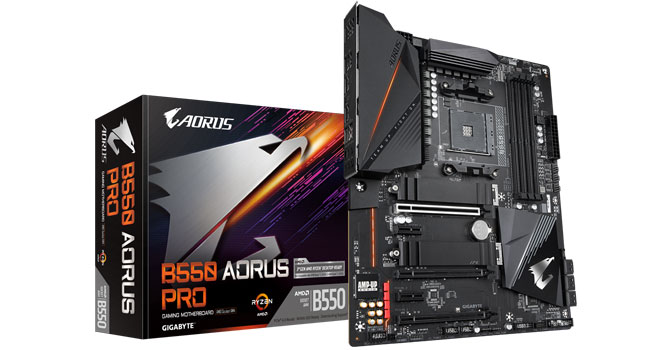Hi all,
My relatives have an 8 year old PC, which has started playing up - if you switch it on:
Does this sound like a bad motherboard/CPU, or something else?
If it does sound like failed motherboard/CPU, are there any motherboards/manufacturers I should look at or avoid these days? It's only going to be used for web browsing and writing letters, so I'm guessing I'd probably be looking at something like a Core i3-10100, a B460/B560 motherboard (with HDMI & DisplayPort outputs), and 2666MHz memory? Ideally, I'm just looking for something that'd be reliable and hopefully go for a good few years without needing to be looked at.
Thanks
EDIT: I have attached a system speaker to the motherboard, and there are no beeps.
My relatives have an 8 year old PC, which has started playing up - if you switch it on:
- the case power LED comes on and the case fans spin up, then
- the CPU debug LED on the motherboard flashes and the CPU fan twitches, then
- the case power LED goes off and the case & PSU fans spin down, then
- the process repeats in a loop (go to step 1) until you power it off by holding the power button down
- Intel Core i3-4330 (with stock cooler)
- ASUS Z87-A motherboard
- 8GB Corsair Vengeance LP 1600MHz DDR3 (2x 4GB)
- SeaSonic G-Series 450W PSU
- Fractal Design Define R4 case
- No GPU (using iGPU), boot device is a Crucial MX500 (2.5"), no other hardware beyond DVD drive
- removing the motherboard from the case
- starting it by shorting the jumper pins with a screwdriver to rule out faulty power/reset switches
- removing the CPU, swabbing the contacts with IPA and reseating it (I also checked the socket on the motherboard for bent pins - there weren't any)
- removing the RAM, swabbing the contacts with IPA, and reseating them
- starting it with only 1 stick of RAM (I tried it with each stick)
- removing everything except the CPU (i.e. no RAM)
- switching the PSU for a Corsair RM550X
Does this sound like a bad motherboard/CPU, or something else?
If it does sound like failed motherboard/CPU, are there any motherboards/manufacturers I should look at or avoid these days? It's only going to be used for web browsing and writing letters, so I'm guessing I'd probably be looking at something like a Core i3-10100, a B460/B560 motherboard (with HDMI & DisplayPort outputs), and 2666MHz memory? Ideally, I'm just looking for something that'd be reliable and hopefully go for a good few years without needing to be looked at.
Thanks

EDIT: I have attached a system speaker to the motherboard, and there are no beeps.
Last edited:



